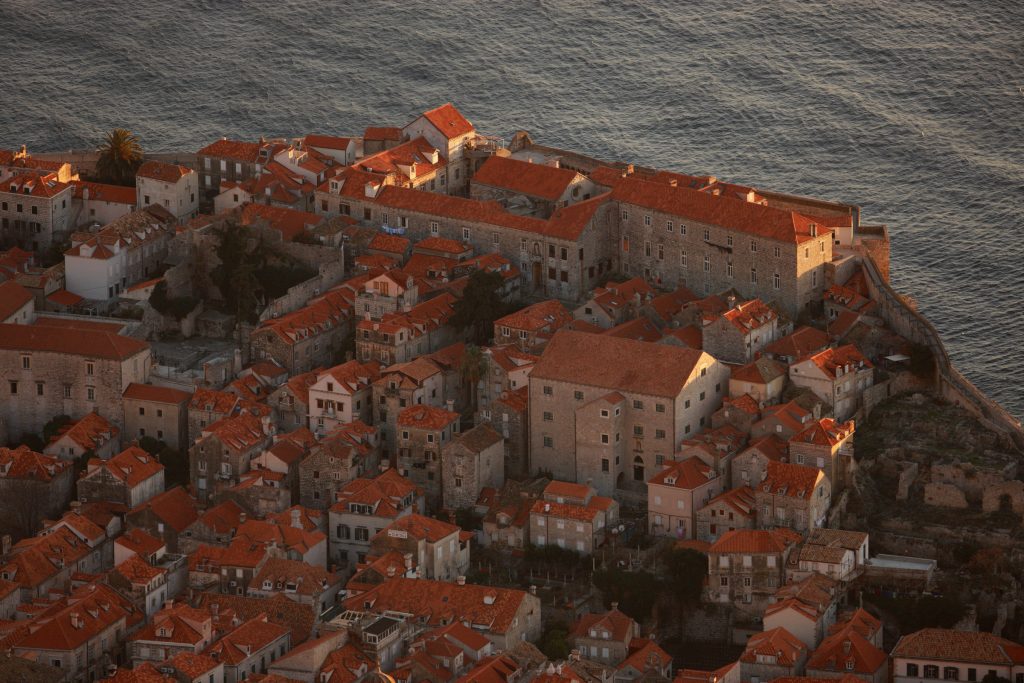Serbia recently passed a law on cultural heritage which lays claim to the literature created in the 1358 -1808 Republic of Dubrovnik.
The adoption of the law was met with condemnation in Croatia. Today, Foreign and European Affairs Minister Gordan Grlić Radman said that Serbia would suffer in its EU accession negotiations the consequences of appropriating the Croatian cultural heritage.
“Appropriating the Croatian cultural heritage is not in line with European values and the prospect Serbia has opted for, and there will certainly be consequences when certain chapters that are key to that, such as education, are opened,” Grlić Radman told the press.
However, the Serbian Ministry of Culture issued a press release in which it insists on Dubrovnik’s literature as an example of dual heritage and “the joint linguistic past and attitude towards the literary heritage,” adding that such an example “recognizes the European values and prospects of good neighborly relations.”
The adoption of the controversial law prompted the Croatian Embassy in Belgrade to send a protest note to the Serbian government due to its unacceptable attempt to usurp the Croatian cultural heritage and demanded a meeting with Serbian Minister Maja Gojković.
“We expect a response from the ministry and a meeting to be arranged,” a source from the embassy told Hina.
Serbia’s attempt to usurp Croatia’s literary heritage is seen as mythomania and a perfidious act
Croatia’s Culture Minister Nina Obuljen Koržinek has stated that the recent adoption of the Cultural Heritage Act by Serbia, which lays claim to old literature from Dubrovnik, was scandalous, calling on Belgrade to refrain from usurping Croatia’s territory and cultural heritage.
“This is mythomania, this need to usurp Croatian cultural heritage, notably literature from Dubrovnik. That is unacceptable and professionally unfounded. They included in their law provisions according to which the Dubrovnik literature predating 1867 has some sort of dual affiliation, both Croatian and Serbian, which of course is complete nonsense,” Obuljen Koržinek said last Sunday.
She said she expected Serbia to do away with such legal provisions and to “stop once and for all laying claim to our territory and our cultural heritage.”
Croatian MEP Karlo Ressler (HDZ/EPP) on Wednesday called for the European Commission to react to Serbia’s Cultural Heritage Act.
Ressler said that was an obvious attempt to appropriate Croatia’s cultural heritage and he has informed Enlargement Commissioner Oliver Varhelyi and Culture Commissioner Mariya Gabriel. Ressler called for Croatia’s heritage, as a member of the EU, to be protected and for a review of Serbia’s compliance with obligations under Chapter 26 – Education and Culture – in its EU accession negotiations.
Serbia’s authorities have been “perfidiously implementing a hybrid version of Serbia’s policy towards its neighbors from the 1990s”. If Serbia does not free itself and its people of “such poisonous reflexes,” it will distance itself more and more from the European Union and European civilization,” Ressler underscored in the press release.
The Croatian Language Institute condemned in the strongest terms the passing of Serbia’s Cultural Heritage Act on 23 December, specifically the part on “old and rare library material” which consists of “Dubrovnik’s literary editions which belong to both the Serbian and the Croatian culture up to the year 1867.”
“Although the Serbian cultural and political public has often expressed the wish and need to lay claim to Croatian cultural assets,” the institute said, making this stand official by law is “an additional aggressive step in laying claim to the Croatian cultural heritage.”
It is a continuation of administrative, legal, and political procedures aimed at diminishing and laying claim to the Croatian linguistic and cultural heritage as part of common cultural assets, the institute said.
Other associations and cultural institutions, such as Croatia’s PEN International Centre, also protested against the Serbian law.
“Croatia’s International PEN Centre protests against Serbia’s Cultural Heritage Act which lays claim to all of Dubrovnik’s literature until 1867. The provisions under which literature from Dubrovnik belongs equally to both Serbian and Croatian culture are unfounded and unacceptable, as is the constant laying claim to Croatia’s cultural heritage and space,” the center said in a statement.
For more, check out our dedicated politics section.











